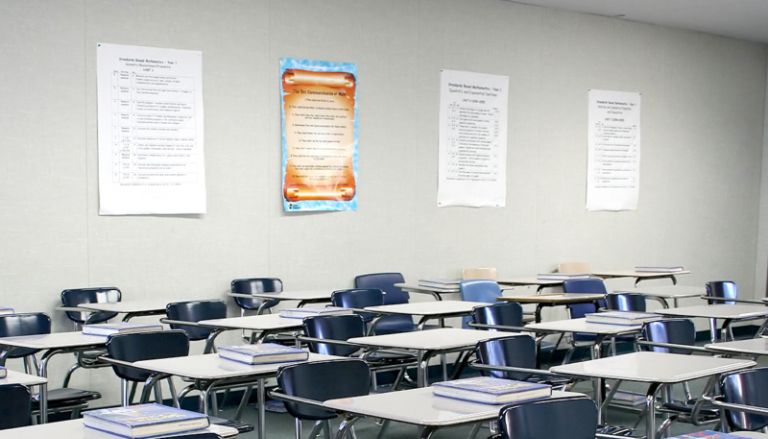Black and American Indian/Alaska Native (AI/AN) graduates have won a large settlement from SouthEast Bank in Tennessee due to claims of racial prejudice. On January 19, the U.S. Department of Justice said that the bank will pay $1.5 million to settle federal claims. The claims say the bank unfairly stopped Black and Indigenous graduates from refinancing their student debts.
The deal responds to claims that SouthEast Bank unfairly treated Black and AI/AN graduates by consistently rejecting their refinancing applications. The lawsuit, filed on January 18, says that from December 2015 to April 2021, the bank’s refinancing rules automatically denied applications from graduates of schools with high default rates.
The lawsuit alleged that the financial institution’s policy disproportionately affected Black and AI/AN graduates. For example, Black people with bachelor’s degrees were 4.3 times more likely to be left out of the borrowing program compared to non-Black individuals with the same degree. AI/AN graduates were three times more likely to be excluded. The lawsuit stated that SouthEast Bank’s policies unfairly impacted graduates from mainly Black schools, such as Historically Black Colleges and Universities (HBCUs). Up to 84.4% of graduates from mostly Black schools were left out, while only 21.1% of grads from mostly non-Black schools had the same issue.
On average, Black grads have much higher student loan debt than other graduates. According to the Education Data Initiative, in 2024, Black and African American college graduates owed about $25,000 more in student loan debt than their native peers. AI/AN students, on the other hand, had the lowest average loan debt, at $10, 590.
Assistant Attorney General Kristen Clarke from the Justice Department’s Civil Rights Division said that the large settlement is an important move in tackling racial differences in student loan refinancing and making financial help more fair for grads.
“Everyone in our country should have a fair chance and equal opportunity to refinance a school loan. Assistant Attorney General Kristen Clarke said that SouthEast Bank’s policy of refusing graduates based on their school hurt Black, American Indian, and Alaska Native graduates who wanted to refinance their student loans. This was unfair because it had nothing to do with their skills or ability to repay the loans.

This reminds us that unfair lending and refinancing chances for Black and American Indian/Alaska Native students still exist today, and why fighting against these unfairness is important for the Justice Department.
Along with the $1.5 million settlement, SouthEast Bank must pay applicants who were not allowed to refinance their student loans because of unfair policies. The bank needs to allow more skilled graduates from excluded schools to refinance their student loans. Furthermore, SouthEast Bank is required to provide consumer financial education to students and graduates of those schools that were once excluded.






Leave a Comment